Nobel Prize for Medicine goes to cancer breakthrough pair
James P. Allison and Tasuku Honjo awarded the prestigious prize for ‘exciting and groundbreaking’ work in immunotherapy
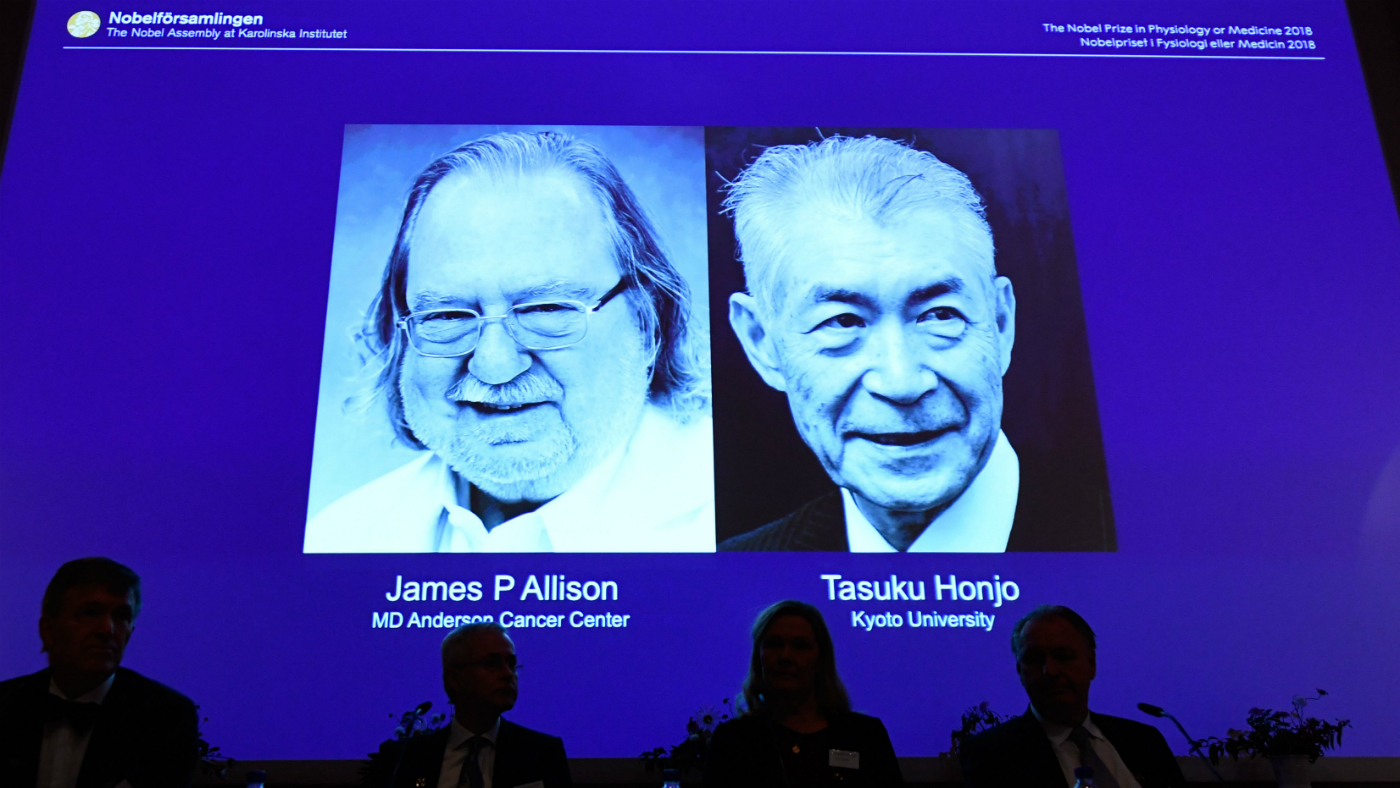
A free daily email with the biggest news stories of the day – and the best features from TheWeek.com
You are now subscribed
Your newsletter sign-up was successful
Two immunologists have been awarded the 2018 Nobel Prize in Medicine for their revolutionary research into cancer treatment.
James P. Allison, based at the MD Anderson Cancer Center in Houston, Texas, and Japan’s Tasuku Honjo, from Kyoto University, are being given the prize for their “exciting and groundbreaking work on developing new types of immunotherapy that help our immune system fight cancer”, writes Sheena Cruickshank, a professor in biomedical sciences at Manchester University, in an article on The Conversation.
As The Guardian explains, the human immune system “normally seeks out and destroys mutated cells, but cancer finds sophisticated ways to hide from immune attacks”, in part by “ramping up braking mechanisms designed to prevent immune cells from attacking normal tissue”.
The Week
Escape your echo chamber. Get the facts behind the news, plus analysis from multiple perspectives.

Sign up for The Week's Free Newsletters
From our morning news briefing to a weekly Good News Newsletter, get the best of The Week delivered directly to your inbox.
From our morning news briefing to a weekly Good News Newsletter, get the best of The Week delivered directly to your inbox.
Allison discovered the first of these built-in brakes, known as checkpoints, in the course of his immunology research in the early 1990s. But while other teams were investigating the potential of enhancing the action of checkpoints to treat autoimmune diseases, Allison was able to demonstrate that by disabling the brakes, medical experts could produce tangible results in treating cancer in mice.
Meanwhile, in 1992, Honjo independently discovered a second checkpoint, and conducted similar experiments.
The pair’s research led to a new approach, known as immune checkpoint theory, that has amounted to a “landmark in our fight against cancer”, the Sweden-based Nobel Committee said. Allison and Honjo have “revolutionised cancer treatment” and “fundamentally changed the way we view how cancer can be managed”, the five-strong panel continued.
The Guardian reports that the scientists’ discoveries have “paved the way for a new class of cancer drugs that are already dramatically changing outcomes for patients”.
A free daily email with the biggest news stories of the day – and the best features from TheWeek.com
After being informed yesterday that he had jointly won the prize, Allison told reporters in Houston: “I’m still in sort of a state of shock, and this is all still sinking in. I was told by the Nobel Committee when I was called this morning that this was the first prize they’ve ever given for cancer therapy.
“I'd like to just give a shout out to all the patients out there who are suffering from cancer to let them know that we are making progress now.”
Honjo, who began his research after a medical school classmate died from stomach cancer, said: “I want to continue my research so that this immune therapy will save more cancer patients than ever.”
Allison and Honjo will be honoured at an official Nobel ceremony in Stockholm in December, and will share the nine million Swedish kronor (£775,000) prize money.
-
 Quiz of The Week: 14 – 20 February
Quiz of The Week: 14 – 20 FebruaryQuiz Have you been paying attention to The Week’s news?
-
 The Week Unwrapped: Do the Freemasons have too much sway in the police force?
The Week Unwrapped: Do the Freemasons have too much sway in the police force?Podcast Plus, what does the growing popularity of prediction markets mean for the future? And why are UK film and TV workers struggling?
-
 Properties of the week: pretty thatched cottages
Properties of the week: pretty thatched cottagesThe Week Recommends Featuring homes in West Sussex, Dorset and Suffolk
-
 The truth about vitamin supplements
The truth about vitamin supplementsThe Explainer UK industry worth £559 million but scientific evidence of health benefits is ‘complicated’
-
 Covid-19 mRNA vaccines could help fight cancer
Covid-19 mRNA vaccines could help fight cancerUnder the radar They boost the immune system
-
 Deadly fungus tied to a pharaoh's tomb may help fight cancer
Deadly fungus tied to a pharaoh's tomb may help fight cancerUnder the radar A once fearsome curse could be a blessing
-
 'Poo pills' and the war on superbugs
'Poo pills' and the war on superbugsThe Explainer Antimicrobial resistance is causing millions of deaths. Could a faeces-filled pill change all that?
-
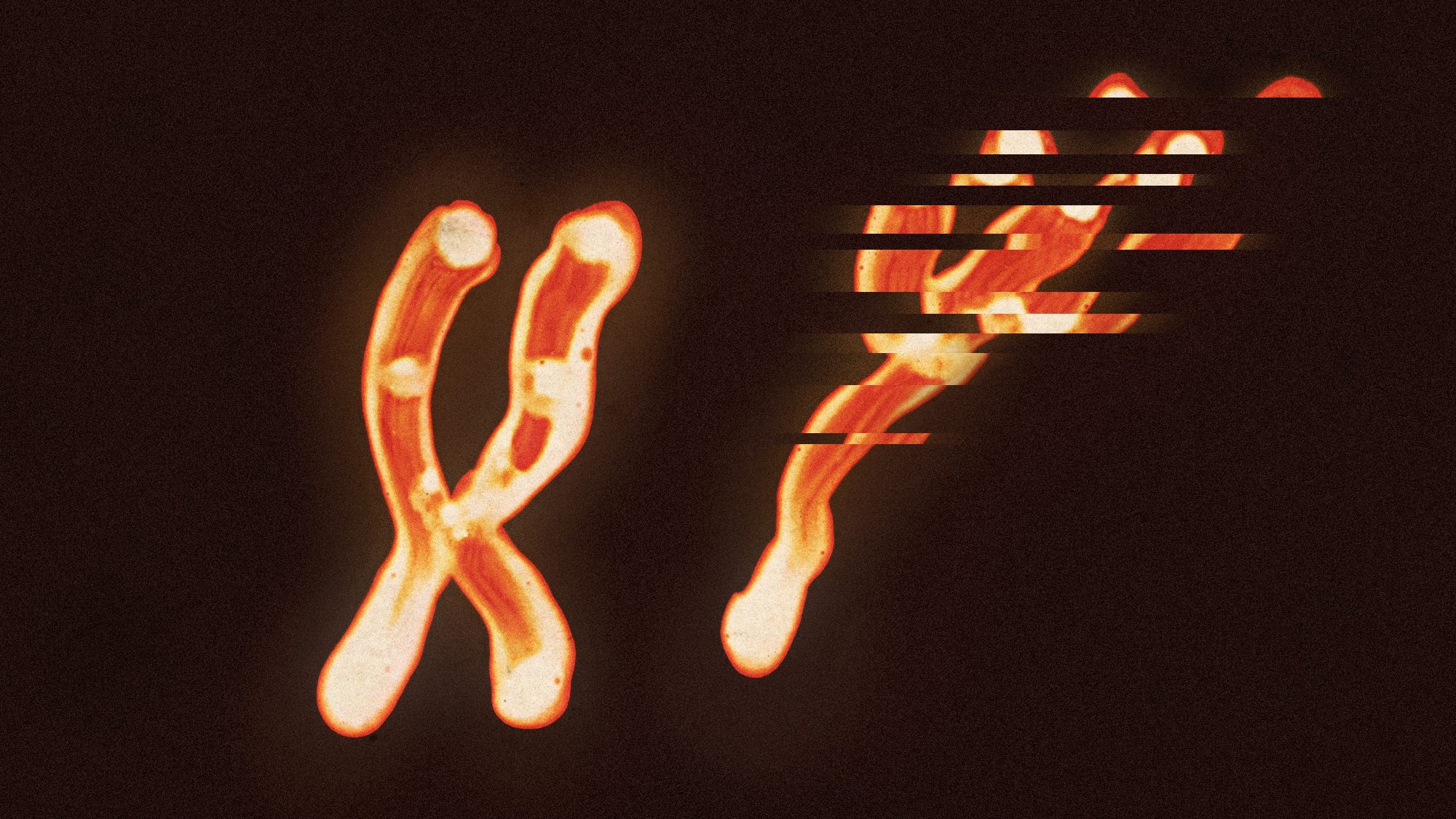 The Y chromosome degrades over time. And men's health is paying for it
The Y chromosome degrades over time. And men's health is paying for itUnder the radar The chromosome loss is linked to cancer and Alzheimer's
-
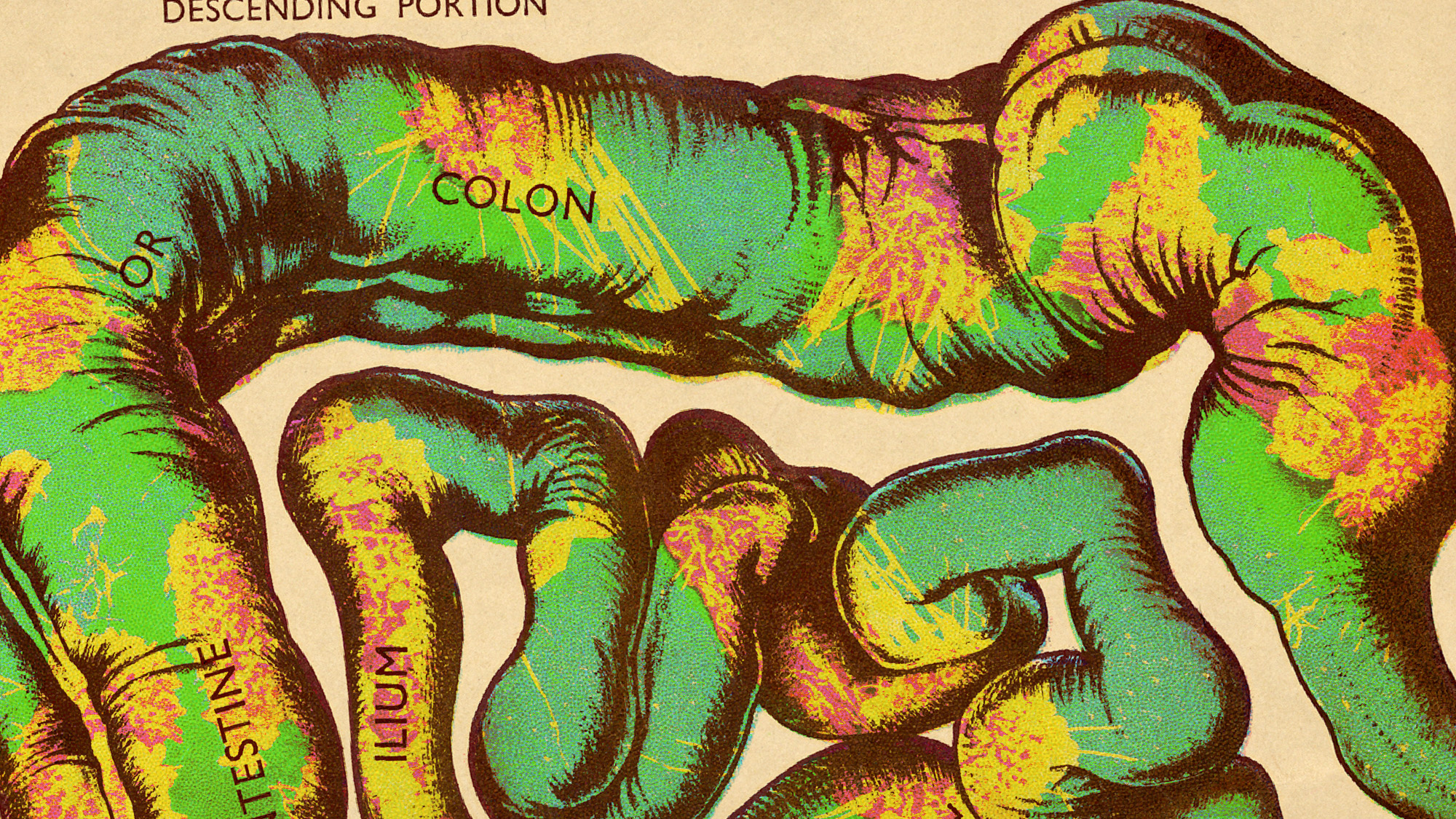 A bacterial toxin could be contributing to the colorectal cancer rise in young people
A bacterial toxin could be contributing to the colorectal cancer rise in young peopleUnder the radar Most exposure occurs in childhood
-
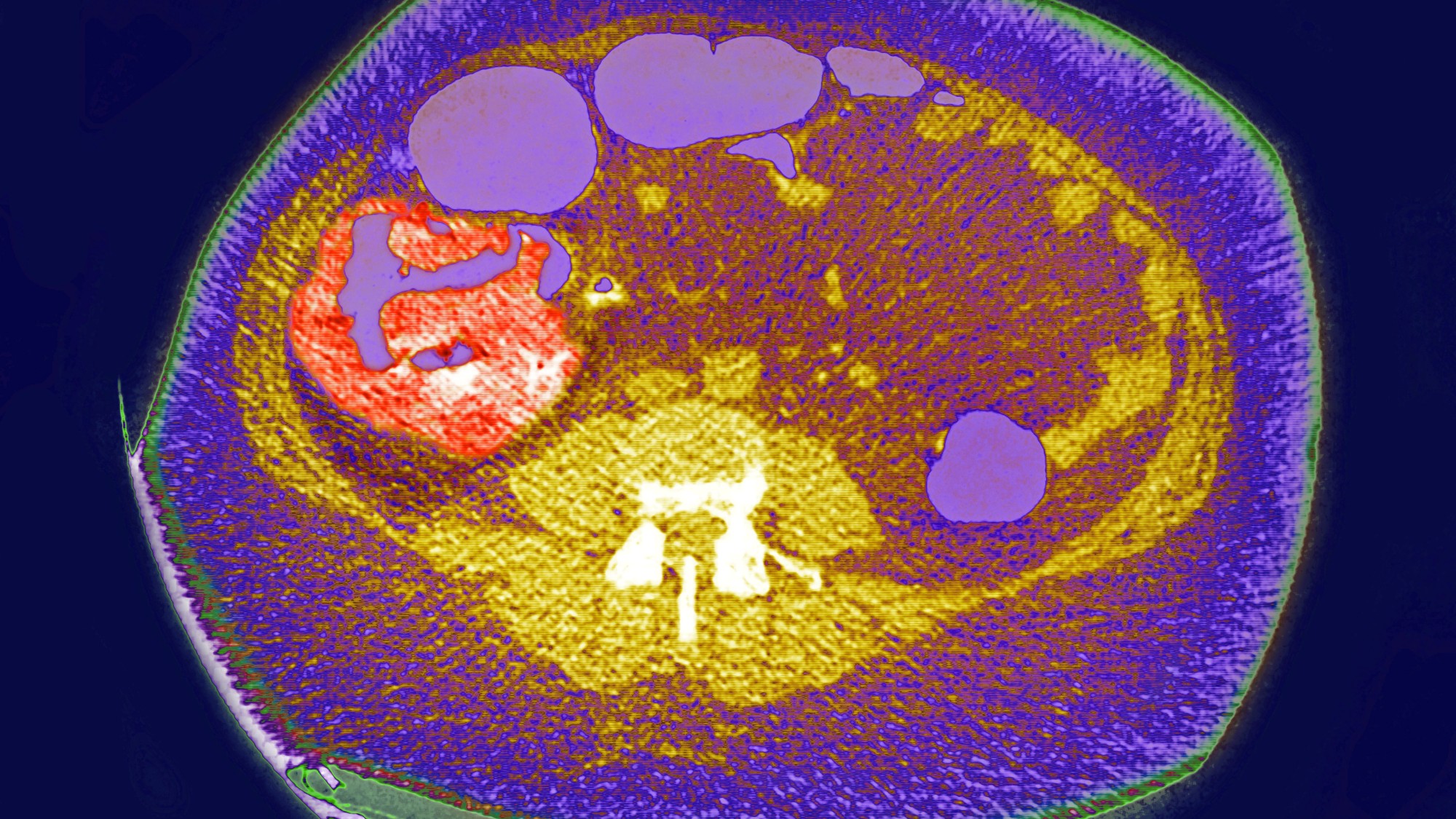 Why are more young people getting bowel cancer?
Why are more young people getting bowel cancer?The Explainer Alarming rise in bowel-cancer diagnoses in under-50s is puzzling scientists
-
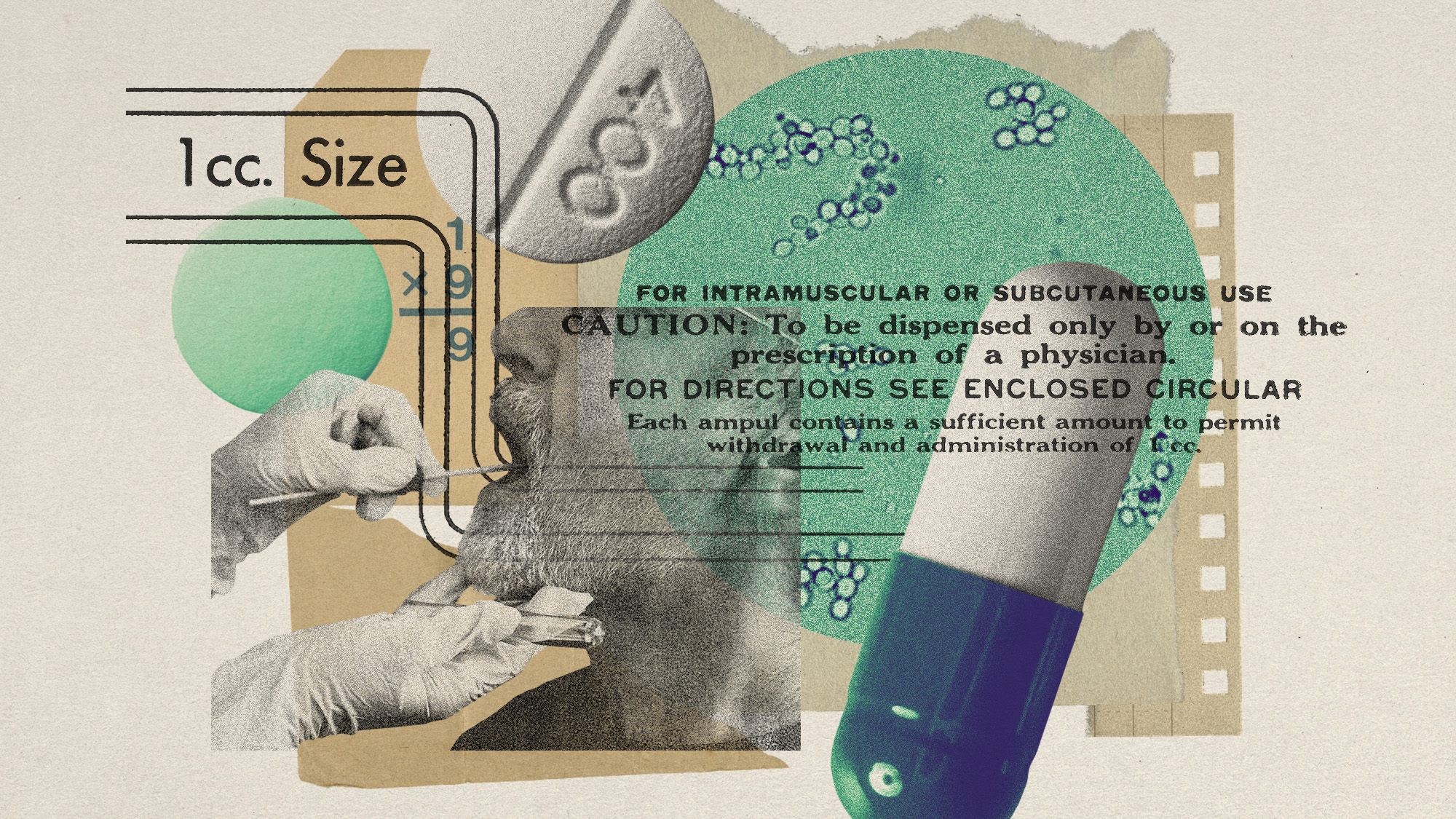 Five medical breakthroughs of 2024
Five medical breakthroughs of 2024The Explainer The year's new discoveries for health conditions that affect millions